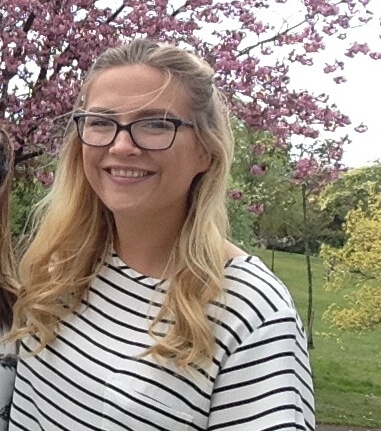Reflections on the Scottish Autism Research Group 2017 Seminar
Laura Hill, Support Worker, Scottish Autism
Wellbeing has become an increasing focus of recent research and has been an area of particular interest for me as a Support Worker and whilst studying for my masters. The topic of wellbeing was also a prominent focus at the recent Scottish Autism Research Group (SARG) seminar which consisted of talks by speakers from various academic and practitioner backgrounds, covering a wide range of topics related to mental health and autism.
The ‘research in a flash’ talks provided brief glimpses of current research projects. Cameron Maitland, a PhD candidate at Edinburgh University, introduced recent work examining autism in terms of social identity, and discussed how a shared sense of identity may be associated with lower levels of anxiety. This premise is interesting because when autism is viewed in terms of a social identity rather than as a product of current societal norms or expectations, it can shift the balance of focus towards the lived experience of autistic individuals and validate autistic identity rather than promote a view of deficit.
This mirrors the World Health Organisation (WHO) definition of quality of life and in particular, how a person perceives their position in life within the context of their culture and values. To improve the wellbeing and quality of life for the people we support, I think it is important to focus on their individual goals and aspirations rather than focus on what might make someone else feel happy or fulfilled.
Another interesting talk was delivered by Kirsty Ainsworth, a doctoral candidate at Glasgow University who discussed work examining the experience of anxiety in adults with autism from a practitioner perspective. I found her talk encouraging as it provided a focus on life experience and included the rounded views of autistic individuals and their network of support. Recent autism research has encountered a call to move away from ‘neurotypical priorities’ (such as investigations into the underlying causes of autism) towards a greater focus on the actual lived experience of autistic individuals. Developing this type of experiential research can greatly aid our understanding of the needs of autistic individuals and inform autism practice further.
The closing presentation came from the seminar’s keynote speaker Jacqui Rodgers, a Senior Lecturer at Newcastle University. Jacqui discussed the relation of an ‘intolerance of uncertainty’ framework, to anxiety within autistic individuals and detailed how a successful strategy to reduce anxieties around uncertainty could involve making the environment more predictable. However, as this isn’t always going to be possible, she discussed a programme of positive support involving parents which included relaxation techniques, social stories, and other person specific tools. This presentation generated some interesting discussion and feedback from the audience, highlighting that there will never be a single programme or approach that works for every autistic person. However, it is clear that listening carefully to people with autism and capturing their perceptions and experience is fundamental to the future of autism research and practice.
Following the seminar, the aspect I have reflected upon most, has been the importance of listening to autistic people. With an empathic recognition for verbal and non-verbal communication, we can appreciate the value of differences between types of cognition and communicative style and tackle the problem of ‘double empathy’. To solve this problem requires seeing past our singular concept of an autistic deficit of ‘theory of mind’ to take responsibility for understanding an ‘autistic theory of mind’ and the challenges that autistic individuals encounter when interacting with others. With this resolution in place we can work towards improving autism research and practice in a more meaningful way, and ultimately improve the wellbeing of autistic people throughout their lives.
References
Milton, D.E. (2012). On the ontological status of autism: the “double empathy problem.”Disabil. Soc. 27, 883–887.





